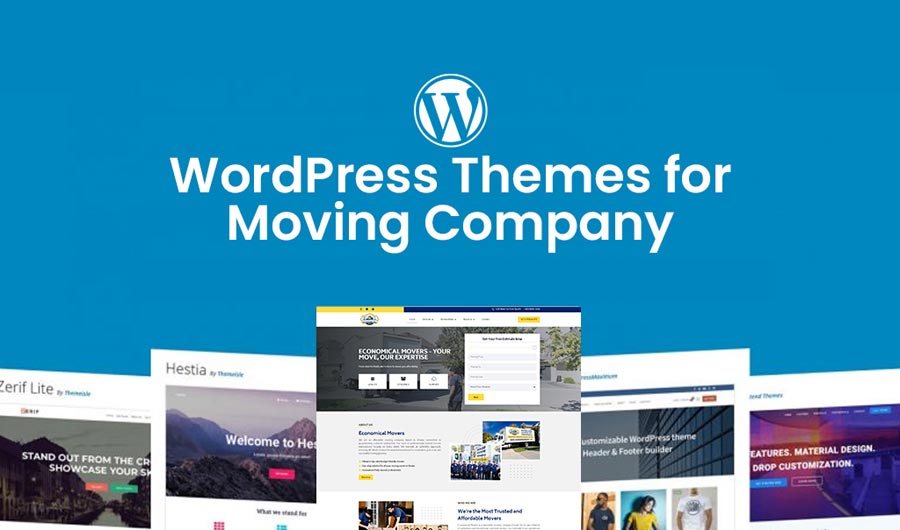
AI and Digital Marketing Navigating Challenges and Seizing Opportunities
Artificial Intelligence (AI) in digital marketing has completely changed the way brands interact with consumers. It processes vast pools of data, igniting room for personalized marketing at quite the scale of operation.
Have you ever considered how AI is busy changing the whole marketing landscape?
For example, a Meta survey has proven that 58% of consumers are more likely to purchase a brand that provides targeted recommendations. Obviously, in the sense that AI can process and analyze data relatively quickly, it helps in a greater understanding of consumer behavior.
It lies at the core of many marketing functions, from predictive analytics to customer service automation. Its application in marketing not only improves efficiency but also significantly increases customer engagement.
And then, how ready are you for the change that incorporates AI into your marketing strategy?
When you tap into this space, you will find that AI shouldn’t just be a word floating in the air but a factor swinging across the spectrum for the development of dynamic marketing strategies.
Don’t you feel it? Let’s go to the next section to discuss this.
The Power Of AI In Digital Marketing
Of course, AI redefines digital marketing today by equipping it with a level of ability far beyond what has ever been possible for effective customer engagement. The same goes for its ability to grasp and predict customers’ behavior.
It helps to analyze data coming in from different touchpoints to shape experiences according to customers’ preferences. For instance, AI will optimize email marketing campaigns by deciding the timeliest times to send emails based on past experiences. Thus, you will have a higher open rate, leading to a higher conversion.
Much of AI’s value in the current market lies in its ability to interact with customers. For example, real-time support and assistance, among other AI technologies like chatbots and virtual assistants, help deal with customers’ queries at the point of inquiry.
Basically, it boosts the customer’s interaction, hence boosting satisfaction, while at the same time saving human resources for more important tasks. Has AI already had an effect on your customer service?
An AI-driven business can tap into exponential growth in customer engagement matrices, implying more retention and increasing sales turnover. This is not just another fad; in fact, it is a noticeable change towards more lively and agile marketing practices that embrace the potential of AI in strategies.
Challenges Of Implementing AI In Marketing
Though AI’s interest in digital marketing is growing, the road is also filled with some potholes. Perhaps the most pressing concern, which you might have already heard of, would involve the balancing act that needs to be done to avoid going against data privacy concerns.
In an era when data collection, use, and safekeeping are increasingly causing concern, ensuring that activities remain compliant with global data protection regulations becomes herculean. This is not only to safeguard oneself from legal consequences but also to maintain that all-important user trust.
Well, with this space for AI integration, marketers have to make a substantial investment in technology and talent capable of running and interpreting the said AI tools efficiently. The complexity of AI systems requires an understanding of technology along with marketing principles to make optimum use of it.
So, here’s a snap of what the current challenges are:
- Data Privacy: User data collection and storage are concerns, and compliance implications are connected to them.
- Bias in AI: Bias in the data will reflect discriminatory marketing practices.
- Talent Gap: There is a lack of marketing professionals with AI and data analysis skills.
Remember, the key to successful AI integration in marketing lies in a strategic approach and allowing one’s self to continuously learn and adopt.
Strategies For Overcoming AI Challenges
If the integration of Artificial Intelligence (AI) into digital marketing ran perfectly, then this course would be relatively straightforward. Not to worry—tactics are proven to keep the bumps in the road away. Implementing robust governance frameworks is one such strategy that can make a significant difference.
Governance frameworks help ensure that AI systems are used ethically and effectively. They set clear guidelines for data usage, model training, and output monitoring, which are crucial for maintaining trust and compliance.
Have you considered how these frameworks could be applied in your organization?
Here’s a simple breakdown of steps to implement a robust governance framework:
- Define clear roles and responsibilities for AI oversight, including AI-powered threats.
- Establish guidelines for data handling and privacy.
- Develop continuous monitoring mechanisms for AI systems.
- Regularly review and update the governance policies.
These will help you move further in your journey through the complexities of AI implementation, as well as through harnessing the full power of AI. Are you all set to take these steps?
Unlocking Opportunities With AI
Have you ever wondered how a brand knows what you want before you even know you want it? This is where the magic of AI in digital marketing comes into play. AI analyses vast chunks of data and tailors customer journeys with just the correct personalization in such a way that not only is the best experience for the customer brought out, but it also brings brand loyalty that converts into increased sales.
For instance, according to Bloomreach, 78% of consumers are more likely to buy from a brand that personalizes content. AI can segment the target customers into precise groups to develop and execute effective and efficient targeted marketing strategies.
Consider how AI tools can help you tailor your marketing efforts:
- Identify customer preferences and behaviors through data analysis
- Develop customized marketing messages
- Optimize timing and delivery channels for maximum impact
Adopting AI could fundamentally change how you engage with customers, making every contact relevant and meaningful.
So, how will your customer journeys mature with AI?
Engaging with AI not only lets you be competitive but also opens the doors to epic growth and innovation in today’s digital marketing landscape.
The Future Of AI In Digital Marketing
Imagine an AI that can predict consumer behavior and design personal marketing strategies for consumers in real time.
Well, that’s not very far either. Digital marketing, with an artificial intelligence domain, is all set for some giant, revolutionary steps. For instance, the insights from this data show that once AI is better placed in the area of digital marketing, the ability to evaluate large datasets will give marketers the ability to predict market and consumer trends in a new dimension.
For instance, integrating new technological progress with AI requires focusing on its ethics and specialization by training Large Language Models (LLMs).
More customized and ethical considerations may mean approaches toward consumers and adaptation to market needs.
Here’s a glimpse into what might be on the horizon:
- Predictive analytics for understanding consumer behavior
- Enhanced customer segmentation based on real-time data
- Automated content generation that resonates with target audiences
So, are you ready to adapt and lead in this AI-driven era?
Conclusion
The landscape of digital marketing is evolving with the integration of AI, which empowers marketers to elevate customer engagement and optimize campaign performance with the innovation necessary to increase efficiency and effectiveness. Mixing AI as a strategic partner with agility in addressing challenges may position marketers on the edge of the digital marketing revolution.
As we stride forward in harnessing AI’s strength responsibly and effectively, it should fuel business growth and improve the experience of the connected customer. Let us grasp the opportunities and transverse through challenges in AI with boldness and creativity, with a vision toward a future where digital marketing attains new heights of success.
Author Bio:
By Vikramsinh Ghatge, Director of Marketing & Business Development at TechDogs.
A seasoned Marketing and Business Development professional with a knack for transforming digital landscapes. Currently steering the helm at TechDogs.com, I’ve been instrumental in catapulting the brand into a globally recognized digital technology publisher. My forte lies in crafting comprehensive marketing strategies that encompass everything from content marketing to performance marketing. I’m passionate about leveraging data to make informed decisions, which has been key in optimizing ad monetization and diversifying revenue streams.
Before TechDogs, I honed my skills at Anibrain Digital Technologies and The Predictive Index, where I led high-performing teams and orchestrated marketing campaigns and business development that significantly increased client acquisition and retention. My leadership style is rooted in mentorship and collaboration, fostering environments where innovation thrives. Whether it’s breaking new ground in digital advertising or pioneering innovative approaches to grow organic traffic, I thrive on challenges and look forward to opportunities where I can make a significant impact. Let’s connect if you’re interested in discussing marketing strategies, digital transformation, or potential collaborations.






